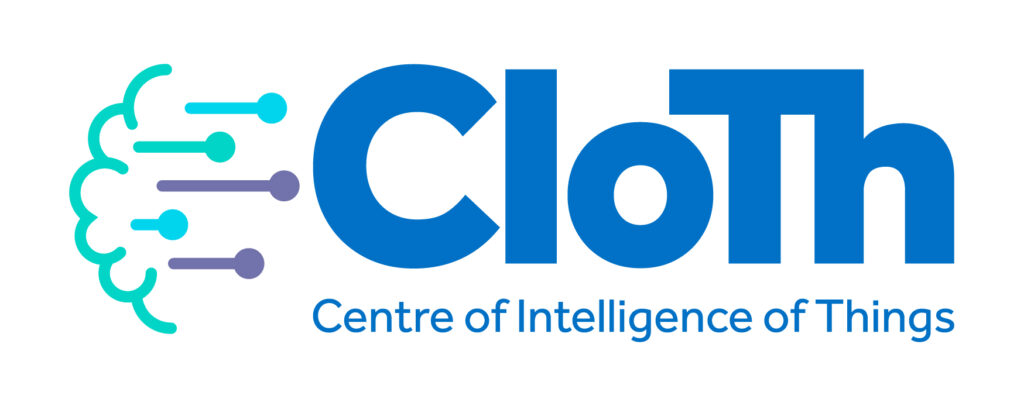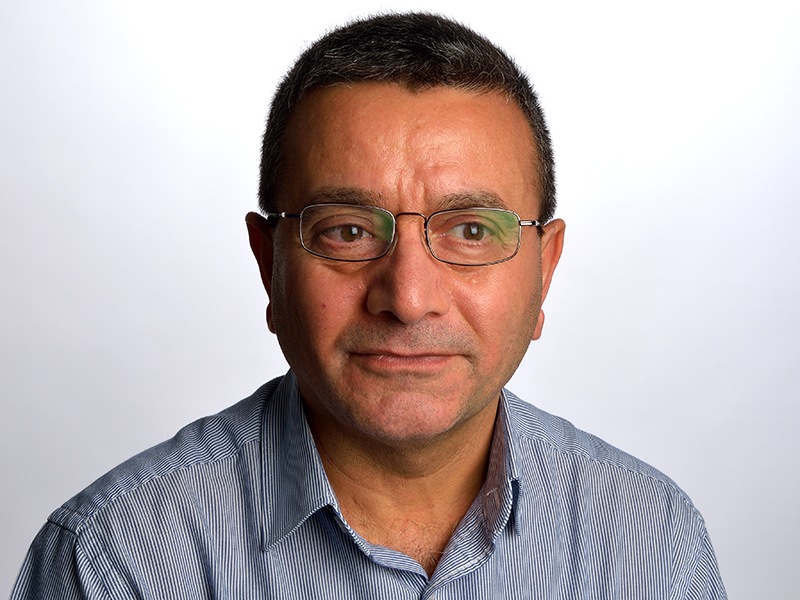
AI and Sustainability
In an era defined by unprecedented technological advancement and growing environmental concerns, the intersection of artificial intelligence (AI) and sustainability has emerged as a beacon of hope and innovation. This sub-theme of the Centre of Intelligence of Things, “AI and Sustainability,” seeks to harness the transformative power of AI to address critical challenges across three interconnected domains: medical health, engineering, and environmental sustainability. The overarching aim of this sub-theme is to drive progress towards a future where AI not only enhances human well-being but also safeguards our planet’s ecological health.
Aims
- Medical Health Enhancement: Develop AI-driven healthcare solutions to improve patient outcomes, reduce medical errors, and enhance overall healthcare delivery while minimizing resource consumption.
- Engineering Innovation: Integrate AI in engineering practices to optimize processes, design, and materials, aiming for eco-friendly and sustainable engineering solutions across industries.
- Environmental Sustainability: Employ AI monitor and manage environmental factors, addressing climate change, pollution, and resource depletion while promoting sustainability in various ecosystems.
By leveraging AI’s capabilities in data analysis, pattern recognition, and decision-making, we aspire to revolutionize healthcare, engineering practices, and environmental management for a more sustainable and resilient world. In this exploration of “AI and Sustainability,” we will delve into the multifaceted objectives, goals, and targets that define our mission. We will examine how AI can play a pivotal role in enhancing medical health outcomes, optimizing engineering processes, and mitigating environmental challenges. Through a combination of innovative technologies, interdisciplinary collaboration, and a commitment to sustainable practices, we aim to usher in a future where AI serves as a catalyst for positive change. Join us on this journey as we navigate the intricate terrain of AI-driven solutions in healthcare, engineering, and environmental stewardship. Together, we will explore the transformative potential of AI, seeking to unlock a sustainable future where the well-being of humanity and the health of our planet are intricately intertwined.

Goals
Healthcare Efficiency
Improve healthcare system efficiency by reducing patient waiting times, optimizing hospital resource allocation, and enhancing diagnostic accuracy through AI-based solutions, with a goal to decrease healthcare costs by [2030].
Medical Research Acceleration
Utilize AI to expedite drug discovery and medical research, targeting [specific number] new drug discoveries for critical diseases by [2030], with a focus on sustainability in pharmaceutical development.
Sustainable Engineering Practices
Integrate AI-driven design and manufacturing processes to reduce waste, enhance energy efficiency, and promote sustainable materials, with a goal to achieve [specific reduction percentage] in carbon emissions from industrial processes by [2030].
Eco-Friendly Infrastructure
Develop AI-based infrastructure management systems to reduce energy consumption and environmental impact in urban areas, aiming to make [specific number] cities carbon-neutral by [2030].
Conservation and Biodiversity
Leverage AI for ecological monitoring and preservation, targeting the protection of [specific number] endangered species and [specific area] of natural habitats, with a focus on biodiversity restoration by [2030].
Targets
Personalized Medicine
Implement AI-driven personalized treatment plans of patients within a specific time frame, leading to improved health outcomes and reduced healthcare costs.
Sustainable Building Standards
Enforce AI-guided sustainability standards for [specific percentage] of new construction projects, aiming for all new buildings to meet sustainable criteria by [2030].
Pollution Reduction
Utilize AI-powered pollution monitoring and control systems to reduce air and water pollution in [specific region] by [percentage] within [specific time frame].
Clean Energy Adoption
Promote the adoption of clean energy sources through AI-managed grids, targeting [60%] of energy generation from renewables by [2030].
Ecosystem Rehabilitation
Restore [specific number] degraded ecosystems and water bodies through AI-driven ecological restoration initiatives, focusing on biodiversity and sustainability goals.
Public Engagement
Raise awareness about the role of AI in healthcare, engineering, and sustainability among individuals and professionals through educational campaigns and initiatives by [2030].
Target Income and Funding Venues
EU Horizon 2020
Coming soon!!.
UKRI
Coming soon!!.
Collaboration with Local and International Businesses
Coming soon!!








